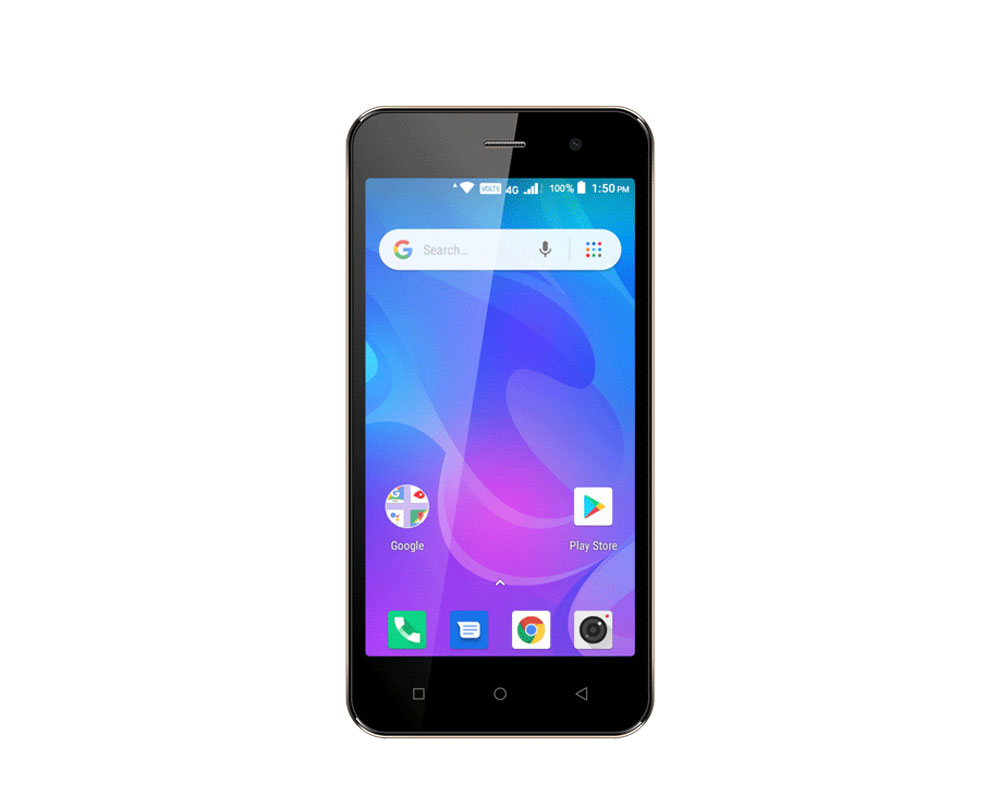Safaricom recently announced changes to their Home Fibre product. Starting March 2021, Safaricom packages would offer increased speeds (double for some) at the same prices as before. Many rejoiced at the change and it was obvious that this would have cemented their position as the number one service provider.
But considering Safaricom, this was all too good to be true since they left out some rather bad news. The mobile operator introduced ‘Fair Usage Policy’ to their packages.
| Fibre packages | speeds(mbps) | Price(30 days) | Fair Usage Limit | Speeds after FUL |
|---|---|---|---|---|
| Bronze | 8 | 2900 | 500GB | 1 |
| Silver | 20 | 4000 | 1TB | 3 |
| Gold | 40 | 6000 | 1TB | 3 |
| Platinum | 100 | 12000 | 1TB | 3 |
So, what is a Fair Usage Policy? It’s an approach a company takes to ensure every customer gets to share a resource equally without others missing out. Notice 4G connections, after a certain amount of data usage, internet speeds are reduced to a set limit.
This limit is an artificial restriction that prevents network strain and allows others to access the resource. Unlike 4G connections that are slow and wireless, reducing Fibre connection speeds that use laid cables and transmits data in the blink of an eye was not the best decision.
Let’s take the Bronze package, for example, customers are allocated 500GB for use after which speeds drop up to 1Mbps. 500GB is enough but what about people who reach that limit (download large files and use data-heavy programs).
Safaricom said that almost 90 percent of users do not hit the 500-1TB limits hence the fair usage policy. But if 90 percent of users do not hit the limits, what’s the need for reducing speeds?
Next; Court clears regulatory obstacle for stalled Telkom and Airtel Merger

Alfred Gitonga is a passionate tech news writer with a deep interest in smartphones and related technologies. He is a staff writer at Mobitrends.co.ke.












